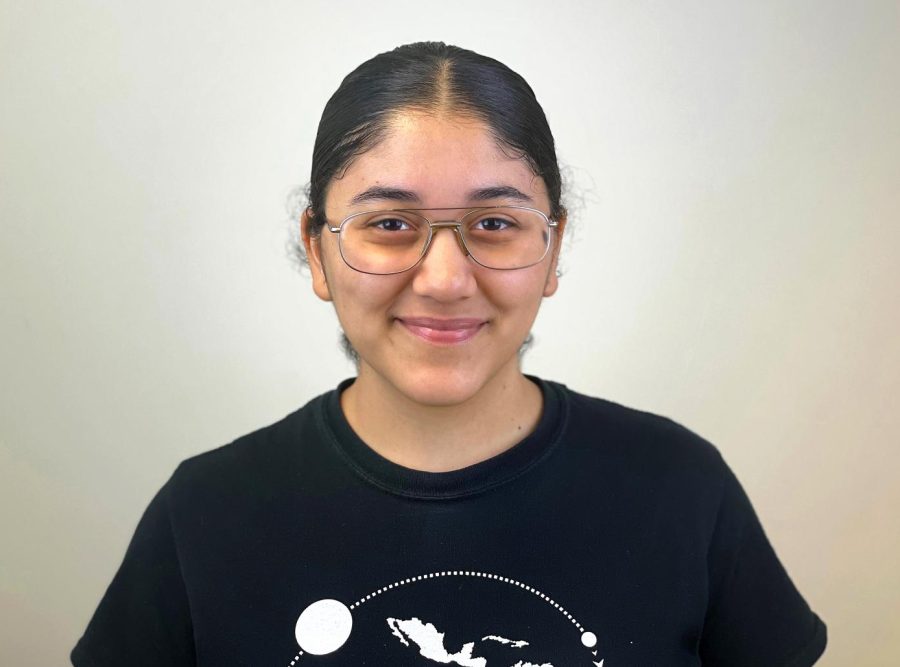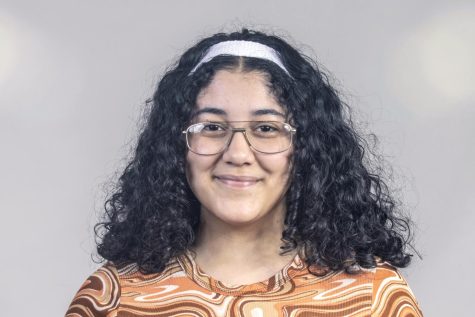COLUMN: Stop altering your photos
November 14, 2021
For years, we have been hearing about how dangerous seeing photographs of digitally altered models in magazines and advertisements is for the public exposed to them.
You would think that after all the work that has been done over the years to expose and change the beauty industry, this would not be a problem anymore.
Unfortunately, in this digital age, it has become more popular and more accessible than ever to edit your photos and videos, continuing the generations-long issue of exposing the public to unrealistic and unattainable beauty standards.
Celebrities are not the only ones who have access to editing tools anymore. Apps like Facetune and Instagram make it easier than ever to alter anything from the brightness of your teeth to the shape of your body.
It has been well-documented that edited photographs on social media have a huge negative effect on the people exposed to them.
A 2016 study on the direct effect manipulated Instagram photos has on teenage girls had 144 girls between the ages of 14 and 18 randomly exposed to either original or manipulated selfies.
Results showed that exposure to the manipulated images directly led to lower body image and that the manipulated photos were rated more positively than the original photos.
The study also showed that the girls in both conditions found the photos to be realistic.
In today’s age, we cannot tell what is real and what has been digitally altered anymore, warping the expectations for our own physical appearance.
Negative body image can have a huge negative impact on people, being able to cause depression, anxiety, eating disorders and body dysmorphic disorder.
According to the Mayo Clinic, BDD is “a mental health disorder in which you can’t stop thinking about one or more perceived defects or flaws in your appearance.”
BDD affects 1.7 percent to 2.9 percent of the general population, or about one in 50 people, according to the International OCD Foundation.
Edited photos are not just harmful to the public seeing them. They are also harmful to the person doing the editing.
Those who digitally alter their photos face a huge problem: Once you begin editing your photos, it’s hard to stop.
Users of apps like Facetune can develop body image issues as well, becoming addicted to altering their photos because they do not feel happy with themselves.
In fact, a 2020 study revealed that 71 percent of people won’t post a picture online without photoshopping it.
So how do we fix this issue before it gets worse?
I think it starts with influencers stopping their use of apps like Facetune, but to ask the millions of influencers out there to stop doing so seems like an impossible feat.
We can start changing things by being more transparent and more comfortable sharing photos and videos of ourselves online even if we do not look like society’s definition of perfect.
Maybe if we start taking these steps now, we can prevent future generations from feeling pressured to meet unrealistic beauty standards.
Kyara Morales-Rodriguez can be reached at 581-2812 or knmoralesrodriguez@eiu.edu





































































